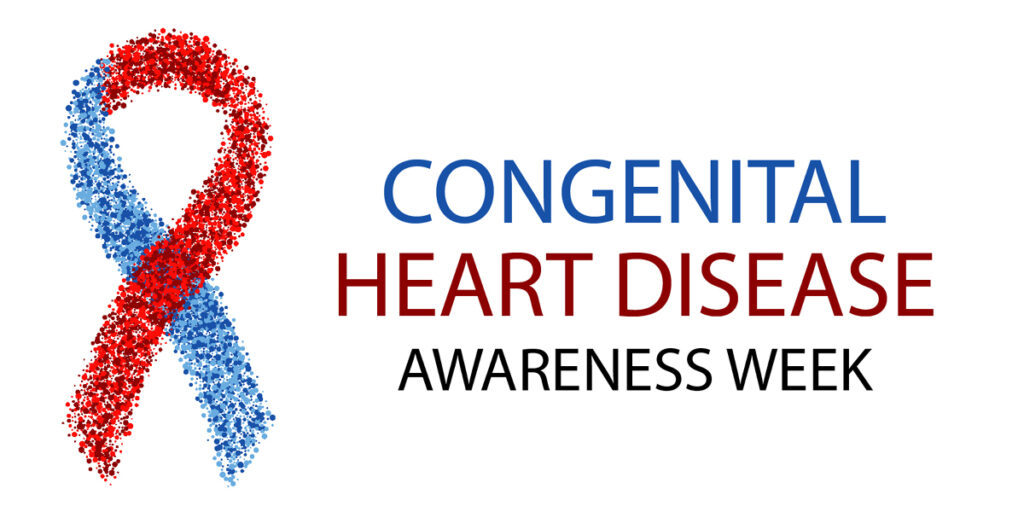Raising Awareness for Congenital Heart Disease

As we observe Congenital Heart Disease Awareness Week from February 7–14, it’s imperative to shine a spotlight on the challenges confronting individuals and families grappling with this prevalent condition. Congenital heart disease (CHD) stands as the foremost birth defect worldwide, impacting roughly 1 in every 100 Canadian children. Despite remarkable advancements in medical technology and treatment options, CHD remains a critical health concern, necessitating heightened attention and support.
Understanding Congenital Heart Defects
CHD encompasses an array of structural abnormalities present in the heart from birth. Once perceived predominantly as a childhood affliction with limited life expectancy, groundbreaking strides in diagnosis and treatment have reshaped the landscape, enabling over 50% of individuals with CHD to reach adulthood today.
These defects may affect various components of the heart, including its walls, valves, and adjacent blood vessels, disrupting the natural flow of blood. The severity and types of defects exhibit wide-ranging variations, necessitating personalized interventions and ongoing monitoring.
Current Landscape and Challenges
Despite the burgeoning population of adults living with CHD, a stark imbalance persists in resource allocation compared to other cardiac conditions. Extended wait times for clinical appointments and surgical procedures compound patient anxieties while elevating associated risks.
Statistics underscore concerning disparities in the healthcare system’s capacity to meet the needs of adult CHD patients. While specialized centers exist nationwide, merely a fraction of adult CHD patients receive care within these dedicated facilities. Transition programs, pivotal for ensuring seamless continuity of care from pediatric to adult services, encounter formidable obstacles, leading to elevated rates of unsuccessful transitions.
Furthermore, research funding and attention in the realm of adult CHD trail behind other domains of heart disease research. Limited representation on peer review committees and misconceptions regarding the significance of CHD-related research impede effective progress in addressing this pressing health concern.
Conclusion
As we commemorate Congenital Heart Disease Awareness Week, let us unite in amplifying awareness and advocacy efforts to support individuals and families grappling with CHD. By fostering collaboration among stakeholders, advocating for policy reforms, and amplifying research initiatives, we can strive towards a future where all individuals affected by CHD receive comprehensive care and support.
Together, let us ensure that no one faces the challenges of CHD alone, and that every heart, young or old, receives the attention and care it deserves. Join us in spreading awareness and advocating for a brighter, healthier future for those living with congenital heart disease.
